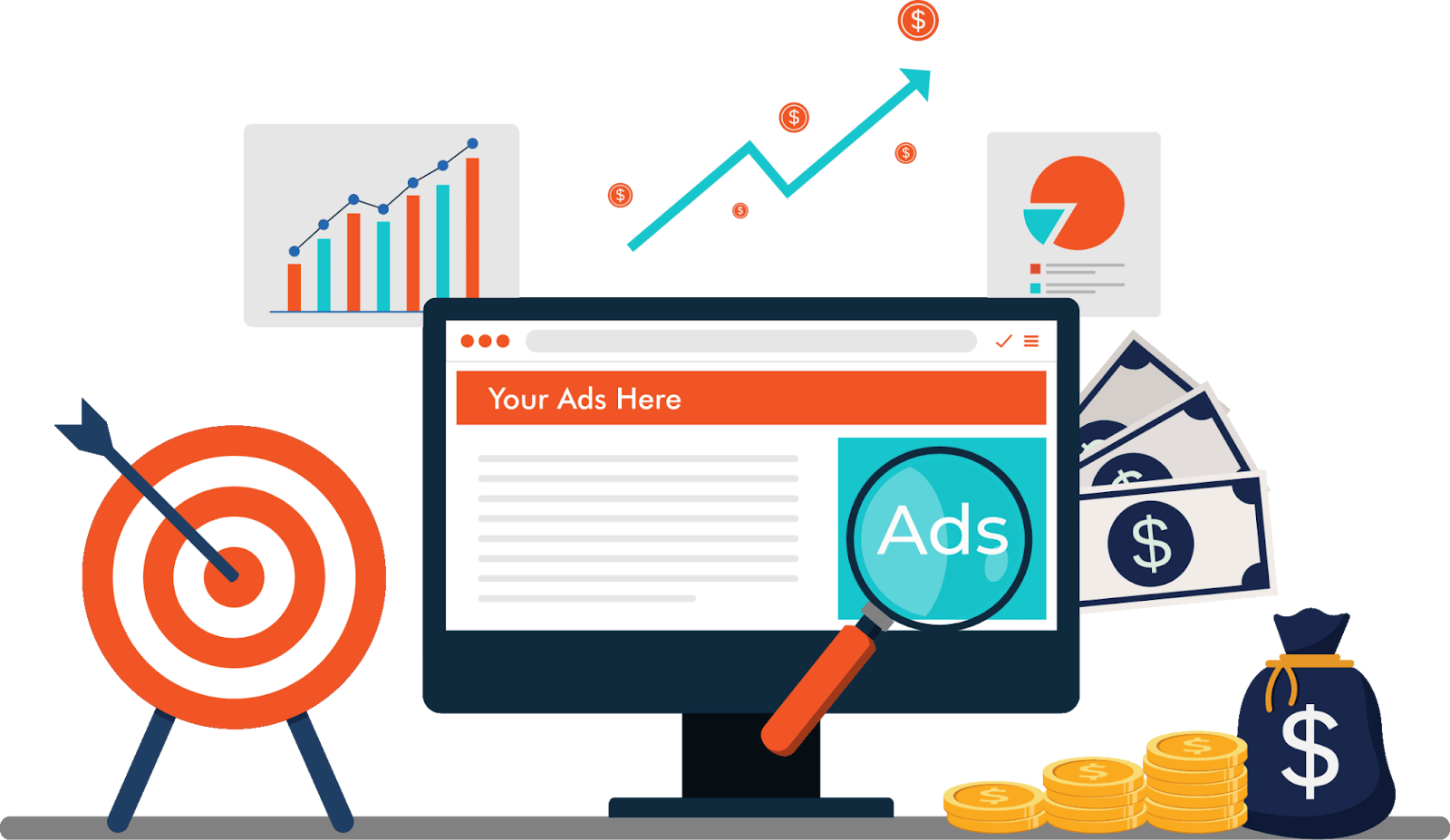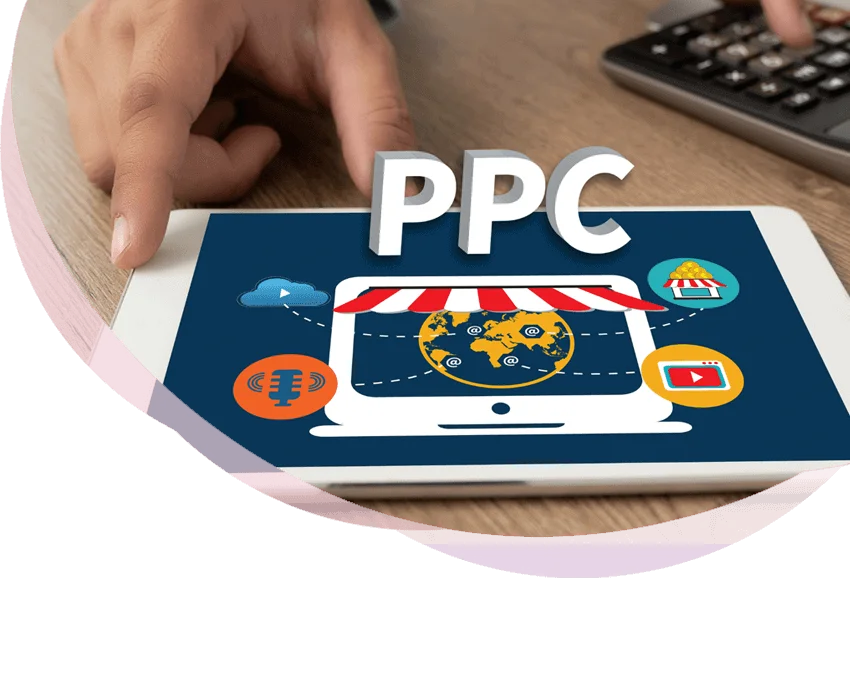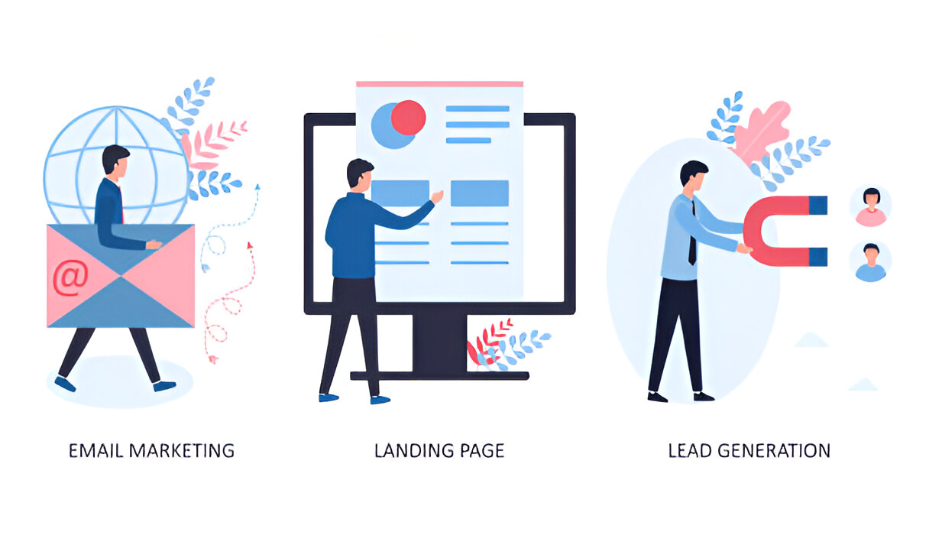In the fast-paced and competitive world of digital advertising, tracking the right Key Performance Indicators (KPIs) is essential for any business aiming to succeed with performance marketing in Cincinnati. A well-defined set of Cincinnati marketing KPIs helps ensure your campaigns are meeting expectations, budgets are being used efficiently, and your efforts are ultimately converting into profit.
Whether you’re a small business running local PPC campaigns or a large enterprise engaging in multi-channel digital strategies, KPIs provide the insight needed to measure success and make data-driven decisions. In this blog, we’ll outline the most critical KPIs you should track in any performance marketing Cincinnati strategy, explain their importance, and show how you can use them to fine-tune your efforts.
RiseX Digital, a Cincinnati-based performance marketing agency, emphasizes the importance of understanding and applying digital marketing analytics Cincinnati businesses can trust.
Understanding the Importance of Cincinnati Marketing KPIs
Key Performance Indicators are quantifiable measurements that help marketers evaluate the success of their efforts. When applied specifically to performance marketing in Cincinnati, they ensure that campaigns are not only visually compelling but also results-driven.
Why KPIs Matter:
- They provide objective measures of success.
- They help identify areas for improvement.
- They allow for real-time adjustments.
- They justify marketing budgets to stakeholders.
Common challenges businesses face without proper KPI tracking:
- Inconsistent campaign results.
- Low ROI and missed growth opportunities.
- Poor customer insights and targeting.
Examples of High-Level KPIs:
- ROI Tracking for Local Campaigns
- Conversion Rate Optimization Cincinnati Benchmarks
- Lead Generation KPIs Across Platforms
- Engagement Metrics (CTR, bounce rate)
Tracking these ensures you are always improving campaign effectiveness and maximizing value.
ROI Tracking for Local Campaigns
When it comes to performance marketing Cincinnati companies rely on, tracking Return on Investment (ROI) is foundational. ROI measures the efficiency of an investment, allowing you to determine whether your marketing spend is justified.
Key ROI Metrics to Track Locally:
| Metric | Description |
| Customer Acquisition Cost (CAC) | The total cost to acquire a new customer. |
| Average Order Value (AOV) | How much each customer spends on average per transaction. |
| Customer Lifetime Value (CLV) | Total revenue a business can reasonably expect from a single customer account. |
Tools for ROI Tracking:
- Google Analytics
- HubSpot CRM
- Facebook Ads Manager
- Google Ads for local PPC performance metrics
Tips for Local ROI Optimization:
- Track campaign-level ROI separately (e.g., PPC vs. email).
- Adjust geographic targeting for underperforming areas.
- Segment by time of day to allocate budget during high-performing hours.
Focusing on ROI not only boosts revenue but also ensures smarter spending in your Cincinnati marketing KPIs structure.
Conversion Rate Optimization Cincinnati: Turning Clicks Into Customers
Conversion Rate Optimization (CRO) is essential in performance marketing Cincinnati strategies. A high conversion rate means you’re successfully turning website visitors into leads or paying customers.
Types of Conversions to Track:
- Product purchases
- Form submissions
- Phone call inquiries
- Newsletter sign-ups
CRO Best Practices for Cincinnati Businesses:
- A/B Testing landing pages and call-to-actions
- Improving page load speed
- Simplifying checkout or contact forms
- Adding live chat and local trust indicators
Lead Generation KPIs: Measuring Top-of-Funnel Effectiveness
Lead generation is the lifeblood of most digital marketing efforts. For any performance marketing Cincinnati campaign to succeed, businesses must track specific lead generation KPIs.
Key Lead Generation KPIs:
- Cost Per Lead (CPL): Total campaign cost divided by number of leads generated.
- Lead Quality Score: Assessment of lead engagement and readiness to convert.
- Lead-to-Customer Conversion Rate: Number of leads who become paying customers.
- Form Abandonment Rate: Percentage of visitors who start but do not complete a lead form.
Why Lead Tracking is Crucial:
- Helps prioritize marketing channels that bring in high-quality leads.
- Allows sales and marketing teams to align strategies.
- Reduces wasted ad spend on low-quality or irrelevant traffic.
Strategies to Improve Lead Generation KPIs:
- Use lead magnets like local discounts or free consultations.
- Retarget site visitors with ads focused on local relevance.
- Nurture leads via email drip campaigns tailored to Cincinnati residents.
Local PPC Performance Metrics: Maximizing Paid Ad Spend
Pay-per-click advertising remains one of the most efficient ways to drive targeted traffic. To optimize your local campaigns, it’s critical to analyze local PPC performance metrics.
Essential PPC KPIs for Cincinnati Businesses:
- Click-Through Rate (CTR): Measures ad relevance and effectiveness.
- Quality Score (Google Ads): Combines CTR, landing page relevance, and ad quality.
- Impression Share: Percentage of times your ad appears compared to total eligible impressions.
- Cost Per Click (CPC): What you pay each time someone clicks your ad.
- Conversion Rate: Percentage of clicks that lead to meaningful action.
Local PPC Tactics for Cincinnati:
- Use city-specific keywords: e.g., “roofing company in Cincinnati.”
- Employ geotargeting to display ads within specific ZIP codes.
- Schedule ads during business hours or when competitors are offline.
Regularly analyzing these Cincinnati-specific metrics ensures your campaigns stay relevant and profitable. For premium support with PPC and performance marketing Cincinnati strategies, agencies like RiseX Digital can provide the necessary expertise.
Digital Marketing Analytics Cincinnati: Leveraging Data for Smarter Decisions
A performance marketing Cincinnati strategy without analytics is like sailing without a compass. Analytics tools provide insights that fuel smarter marketing decisions.
Key Platforms:
- Google Analytics 4 (GA4): Offers deep insights into user behavior and attribution.
- Meta Business Suite: Tracks performance on Facebook and Instagram.
- Hotjar or Crazy Egg: For visual heatmaps and behavior tracking.
Important Analytics KPIs:
- Bounce Rate: High bounce rates can indicate poor landing page experience.
- Average Session Duration: Shows how long users engage with your content.
- Pages per Session: Indicates how compelling and navigable your website is.
- New vs. Returning Visitors: Helps tailor content to both groups.
How to Use This Data Effectively:
- Identify top-performing content and double down.
- Compare traffic sources to determine which ones generate qualified leads.
- Understand visitor paths to optimize user experience.
When implemented correctly, digital marketing analytics Cincinnati campaigns become both transparent and measurable. Whether you’re optimizing a local PPC campaign or a city-wide SEO strategy, analytics are indispensable.
Building a Results-Driven Strategy with the Right KPIs
Performance marketing in Cincinnati is no longer about guesswork. Tracking Cincinnati marketing KPIs allows businesses to refine every aspect of their strategy—from generating leads to optimizing ad spend and increasing customer conversions.
With the right set of KPIs, Cincinnati businesses can:
- Align marketing spend with revenue goals.
- Respond proactively to underperformance.
- Scale successful campaigns.
If you’re unsure where to start or need expert guidance in interpreting your performance data, RiseX Digital is your trusted partner in crafting KPI-driven marketing strategies tailored for local success.
FAQs
What is the most important KPI in Cincinnati performance marketing?
ROI is often the most critical KPI as it measures the profitability of your entire campaign.
How often should Cincinnati businesses track their marketing KPIs?
Weekly tracking is ideal for high-spend campaigns, while monthly reviews are suitable for smaller budgets.
Can I improve local PPC results just by adjusting keywords?
While keyword optimization helps, combining it with location targeting, scheduling, and conversion tracking yields the best results.





